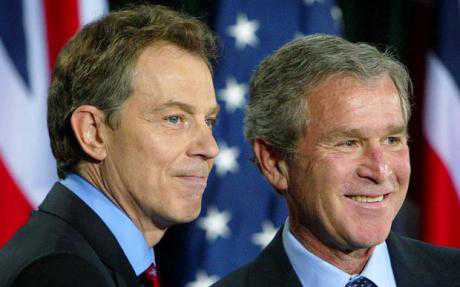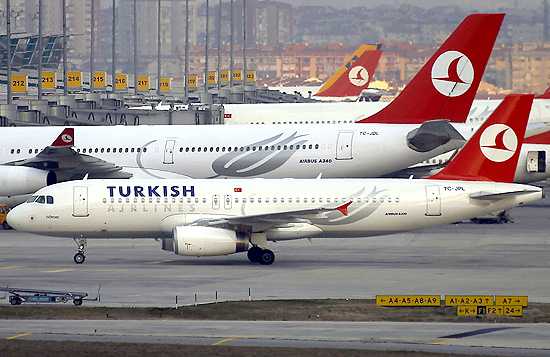Terrorism in the UK
David Cameron has flatly contradicted George W Bush and said he does not believe that waterboarding, the controversial interrogation technique, saves lives.

By Andrew Porter in Seoul
The British prime minister, speaking at the G20 summit in South Korea, repeated the official British line that torture was wrong, and he went further, attacking policies pursued by the Bush administration on the detention and treatment of prisoners which he said had helped to radicalise people and made the West “less safe”.
Mr Bush memoirs, which were published this week, asserted strongly that the waterboarding of prisoners had averted huge terrorist attacks on key London targets. The former US president also said that he did not believe that waterboarding constituted torture.
In an interview on Thursday. Mr Cameron said he disagreed with Mr Bush, though he did not deal directly with the belief that specific attacks had been headed off. “Look, I think torture is wrong and I think we ought to be very clear about that,” Mr Cameron said. “And I think we should also be clear that if actually you’re getting information from torture, it’s very likely to be unreliable information.”
When pressed on whether torture saves lives, he added: “I think there is both a moral reason for being opposed to torture – and Britain doesn’t sanction torture – but secondly I think there’s also an effectiveness thing … if you look at the effect of Guantánamo Bay and other things like that, long-term that has actually helped to radicalise people and make our country and our world less safe. So I don’t agree.”
Mr Bush has claimed attacks on Canary Wharf and Heathrow airport were foiled as a result of the controversial interrogation technique. Speaking on the release of his book Decision Points, he said of Khalid Sheikh Mohammed, the supposed architect of 9/11: “We capture the guy, the chief operating officer of al-Qaeda, who kills 3,000 people. We felt he had the information about another attack. He says, ‘I’ll talk to you when I get my lawyer’. I say, ‘What options are available and legal?’”
Last month, Sir John Sawers, the head of the UK’s Secret Intelligence Service, said: “Torture is illegal and abhorrent under any circumstances and we have nothing whatsoever to do with it.” But the Foreign Office has accepted that information gained from waterboarding would be used if it could stop an imminent terrorist attack.
Mr Bush’s views have run into opposition from a number of experts in the UK. Lord Macdonald of River Glaven, the former Director of Public Prosecutions said: “These stories about waterboarding thwarting attacks on Canary Wharf and Heathrow – I’ve never seen anything to substantiate these claims. It’s an easy claim to make, it’s much more difficult to prove. These claims are to be treated with a great deal of scepticism.”
However US intelligence officials involved in the 9/11 investigation have said Mr Bush’s claim was supported by a welter of evidence, including a confession made by Mohammed to a military tribunal at Guantánamo Bay.
http://www.telegraph.co.uk/news/uknews/terrorism-in-the-uk/8126623/David-Cameron-waterboarding-does-not-save-lives.html, 11 Nov 2010





